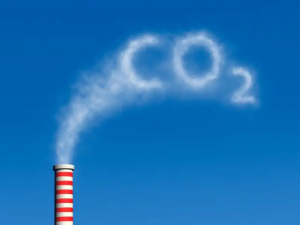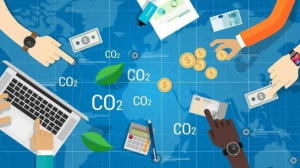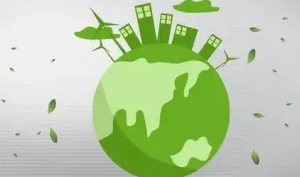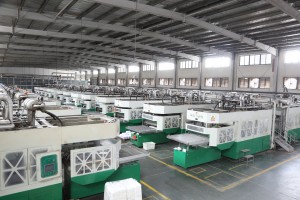According to news from the official website of the European Parliament on December 18, the European Parliament and the governments of the European Union reached an agreement on the reform plan of the European Union Carbon Emissions Trading System (EU ETS), and further disclosed the relevant details of the carbon tariff bill, and determined the Carbon Border Adjustment Mechanism (CBAM, and called "carbon tariff") will be officially levied in 2026, one year earlier than the "first reading" text passed in June this year.
In addition, according to the agreement, by 2030, the combined emissions of the industries covered by the European carbon emission trading system will be reduced by 62% compared with the 2005 plan, which is one percentage point more than the Commission's proposal. To achieve this reduction, the number of subsidies across the EU will be reduced in one go by 90 million tonnes of CO2e in 2024, by 27 million tonnes in 2026, by 4.3% per year from 2024-2027 and by 4.4% per year from 2028-2030 .
After the EU ETS reached a reform plan agreement, it was also clarified that CBAM will be gradually implemented at the same speed as the phase-out of free quotas in the EU ETS: the transition period of CBAM will be from 2023 to 2025, and the formal implementation of CBAM will start in 2026. CBAM will cover all industries under the EU ETS by 2034. At the same time, by 2025, the European Commission will assess the carbon leakage risk of goods produced in the EU and exported to non-EU countries, and if necessary, propose legislative proposals in line with WTO regulations to deal with the risk of carbon leakage.
Far East·GeoTegrity has been deeply involved in the pulp molding industry for 30 years, and is committed to bringing China's environmentally friendly tableware to the world. Our pulp tableware is 100% biodegradable, compostable and recyclable. From nature to nature, and have zero burden on the environment. Our mission is to be a promoter of a healthier lifestyle.




